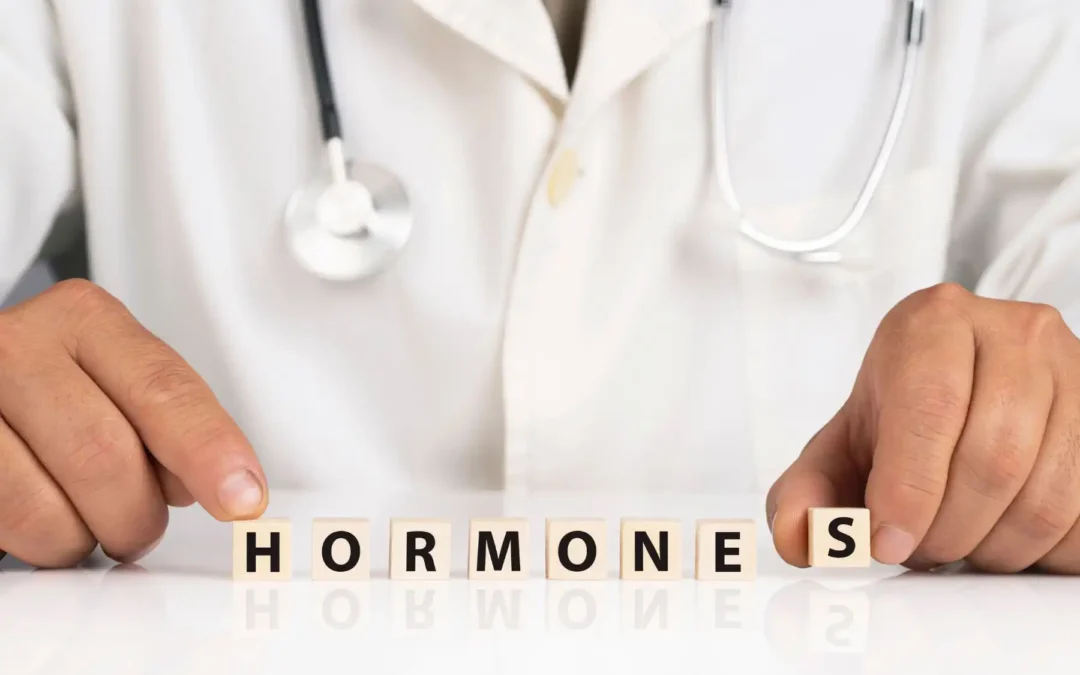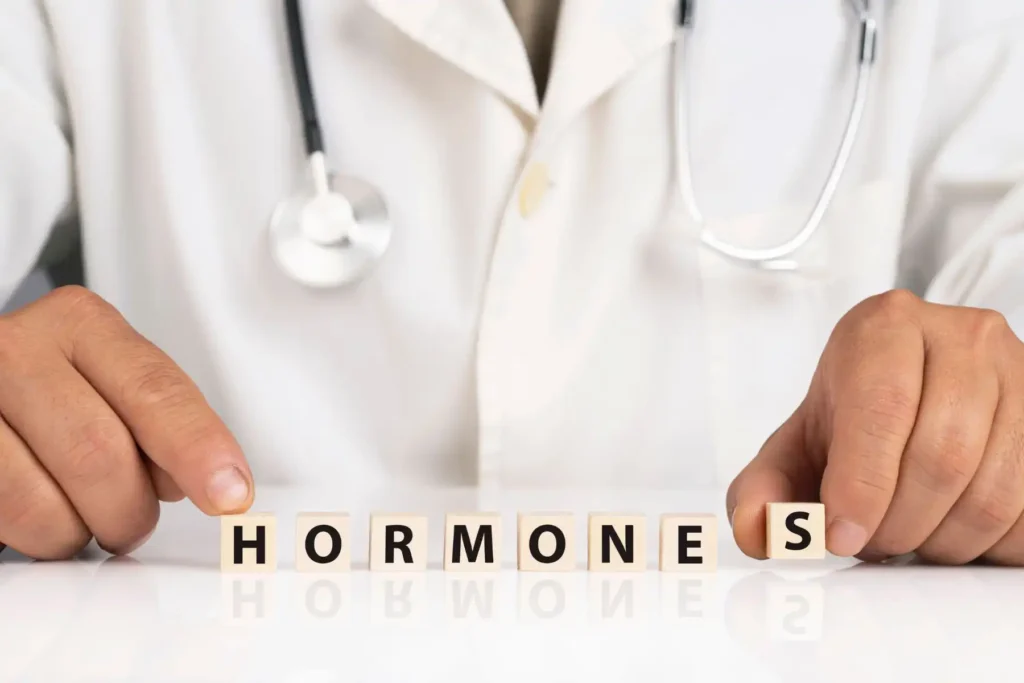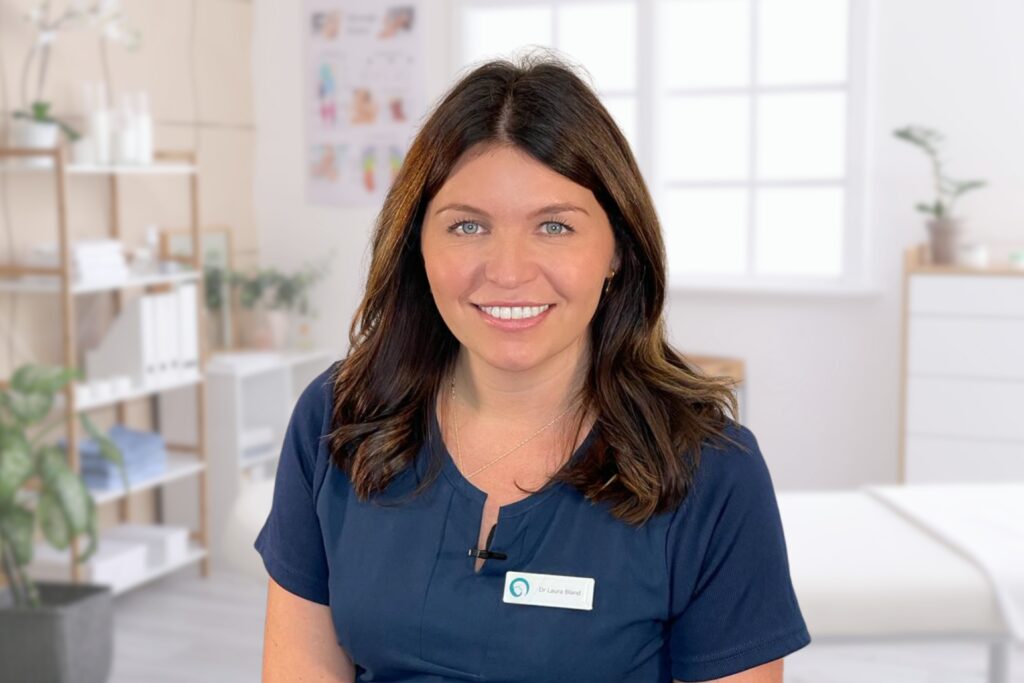When it comes to skin ageing, most of us are quick to blame external factors like sun exposure, pollution, and lifestyle choices. While these elements undoubtedly play a role, there’s another crucial factor that often goes overlooked: hormones. Hormones are the body’s chemical messengers, influencing everything from mood and metabolism to, yes, the health and appearance of our skin. So, how exactly do hormonal changes over time contribute to skin ageing? Let’s delve into the science behind it.
The Oestrogen Connection
Oestrogen is a hormone that plays a significant role in skin health. It promotes collagen production, skin thickness, and skin hydration. As women approach menopause, oestrogen levels decline, leading to a decrease in collagen, increased dryness, and a loss of skin elasticity. This hormonal shift can result in the appearance of fine lines, wrinkles, and sagging skin.
Testosterone and Sebum Production
While oestrogen levels are more prominent in women, testosterone is more abundant in men. This hormone is responsible for sebum (oil) production. As men age, testosterone levels can fluctuate, leading to either excessively dry or oily skin. In some cases, this can exacerbate age-related skin issues like adult acne or make fine lines more noticeable due to dryness.
Thyroid Hormones
The thyroid gland produces hormones that regulate metabolism, and these hormones also affect the skin. An imbalance in thyroid hormones can lead to various skin issues, including dryness, sensitivity, and reduced ability to heal from injuries. Over time, these factors can contribute to premature ageing.
Insulin-Like Growth Factor (IGF-1)
IGF-1 is another hormone that has a significant impact on the skin. It plays a role in cell regeneration but can also lead to the overproduction of sebum and increased cell turnover, resulting in conditions like acne. While acne is often considered a teenage dilemma, imbalances in IGF-1 can cause adult acne, which many people find challenging to manage and which can contribute to skin ageing.
Hormone Replacement Therapy (HRT) and Topical Treatments
Understanding the role of hormones in skin ageing opens the door to targeted treatments. Hormone Replacement Therapy (HRT) is one option that many people consider to counteract some of the skin changes due to hormonal imbalances. Topical treatments containing phytoestrogens or retinoids can also help to improve the skin’s appearance.
Hormonal changes are an inevitable part of ageing, but their impact on the skin is significant. By understanding how hormones like oestrogen, testosterone, and others affect our skin, we can take targeted steps to manage these changes.
Consult with an expert to explore treatment options tailored to your hormonal profile and skin needs. At Freyja Medical, our team of experts is here to guide you through the complexities of skin ageing, offering treatments that can help you feel confident at any age.
With 7 years in medical aesthetics and as a mentor since 2019, Dr. Laura Bland specialises in Botox, dermal filler, and Sculptra. She ensures impeccable results and peace of mind for her patients by combining meticulous attention to detail with a profound commitment to safety.
For an aesthetic consultation with Dr Laura Bland at our Wrexham clinic, click here.




